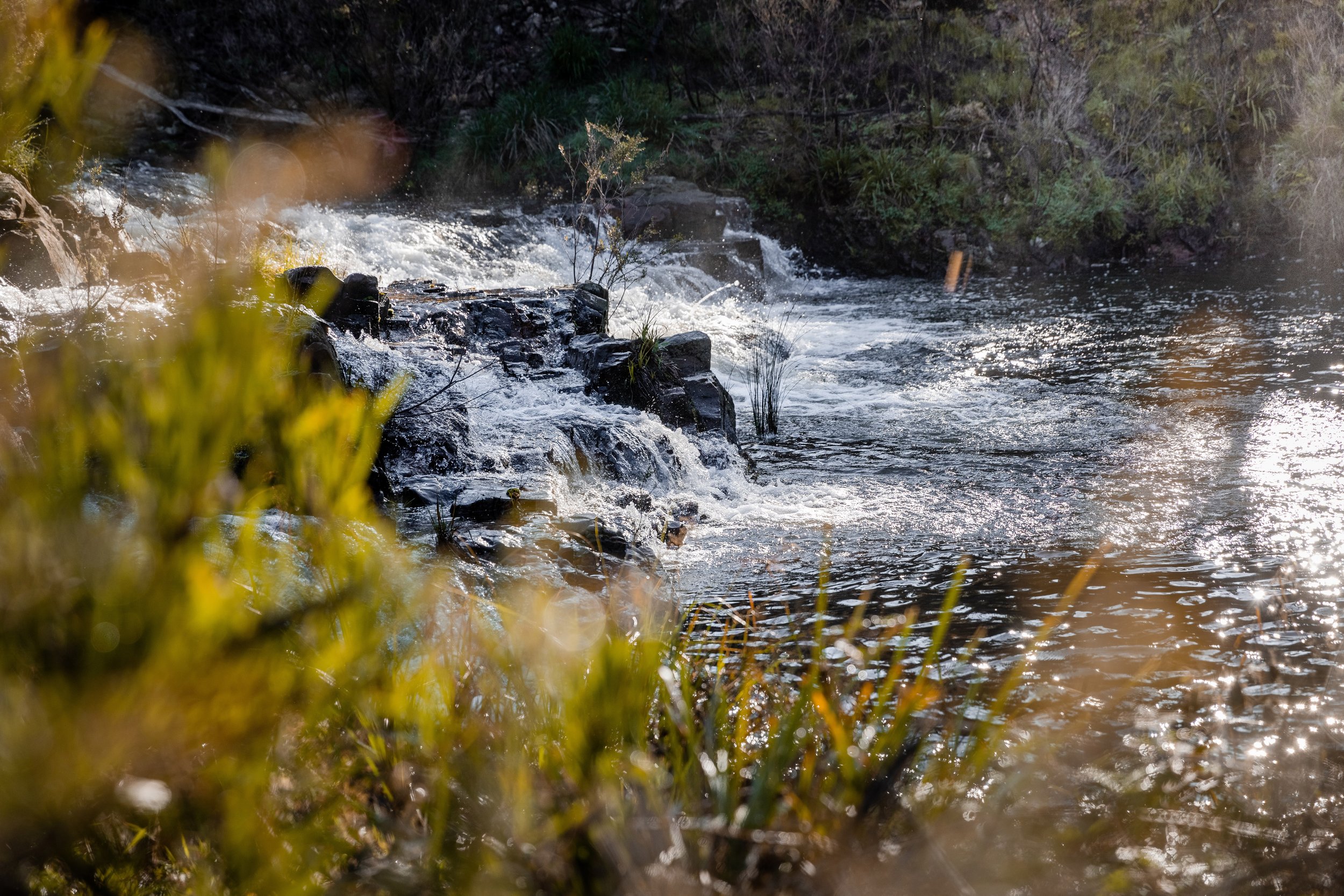
My research interests
Agricultural regeneration and transformation
The regeneration of earth processes, and the transformation of social structures, is a necessary task in this anthropocentric epoch. I am interested in conducting research on regeneration and transformation in the context of agricultural land management and custodianship.
Four dimensions of agricultural transformation interest me. The inner and outer dimensions of individual transformation processes (such as a change in farmer paradigms and practices). Also, the inner and outer dimensions of collective transformation processes (such as a change in cultural norms and institutional structures). The role of decolonisation in agricultural transformation is relevant to each of these.
Colonisation is an ongoing process of oppression and exploitation that prevents the colonised from enacting socio-economic self-determination and maintaining their cultural integrity. As such, decolonial research is dedicated to divesting colonial power and dismantling the logic of coloniality.
Finally, my interests include a wide range of agricultural approaches, which challenge values of industrialism and productivism in agriculture. These include: regenerative agriculture and ranching; holistic/adaptive management; Indigenous land management systems; agroecology; food and seed sovereignty movements; agroforestry; permaculture; organics; biodynamics; carbon farming; and community supported agriculture.
Relational values and ontologies in agriculture
I’m interested in conducting research through a more-than-human lens. More-than-humanism embeds humans within a web of interdependent relations, deconstructing anthropocentric thinking and human exceptionalism. It describes the physical, biological and technological world that humans are interwoven with.
I’m also interested in the role of relational ontologies in agricultural regeneration and transformation. Relational ontologies emphasize how everything is inextricably linked and interconnected; no single thing can be fully understood in isolation. I include under this umbrella areas such as: relational values, relational thinking, more-than-human ethics of care, Indigenous knowledge systems, and animistic worldviews.
Exploring relations on the farm also means considering the role of gender, sex and power in agricultural landscapes. I’m interested in understanding these dynamics from decolonial perspectives, queer ecological and eco-feminist perspectives, and through the lens of political ecology. I’m also interested in Goethean Science as a way of relating with the more-than-human world.
*Jananoff, S., 2004 The idiom of co-production. In S. Jasanoff, ed. States of knowledge: the co-production of science and social order. London, Routledge, 1-12.
Research grounded in community
Research is not meant to be done separately from communities. Those impacted by research should be included in the process of knowledge creation. This is particularly relevant when the effects of anthropocentic crises are being unevenly felt by different communities. Consequently, I’m interested in conducting grounded research. This may mean good communication and outreach, or full-blown participatory action research.
Scientific knowledge “is not a transcendent mirror of reality. It both embeds and is embedded in social practices, identities, norms, conventions, discourses, instruments and institutions - in short, all the building blocks of what we term the social.”*
Science does not just describe worlds, but creates them by highlighting some things and making others invisible. Examining how science is ‘done’ and how knowledge is created is important for deconstructing the idea that the world is an inert human resource. My interest in participatory research extends beyond the human community. I’m also interested in knowledge co-production with the more-than-human and developing methodologies for taking non-human perspectives, experiences and agencies seriously.
This includes multi-species ethnography, which studies the relationships between different species in shared social and cultural spaces. Humans are not the only beings with agency, culture, and social relationships. This approach seeks to challenge human-centric perspectives and understand how humans co-exist with other species.



